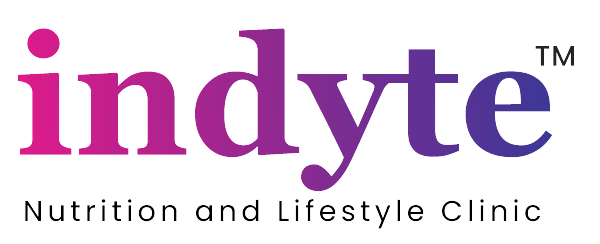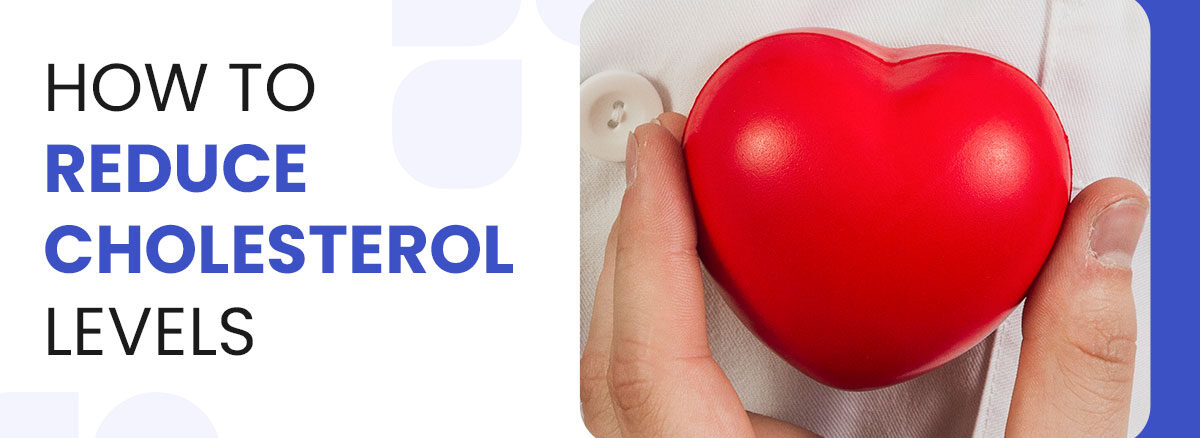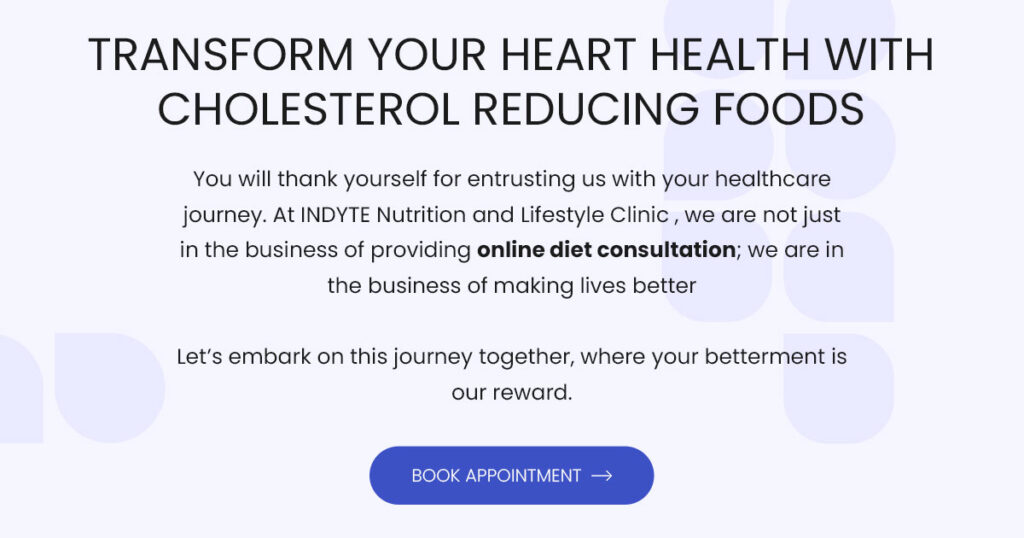- October 15, 2024
- Priyanka MAHESHWARI
- Comment: 0
- Cholesterol Diet
Is cholesterol shooting off the charts?
Do not worry. We have got you covered!
A regular bowl of oatmeal or a handful of almonds every day—conscious dietary choices are crucial for lowering your cholesterol levels and improving your heart health.
Indyte understands how the effects of high cholesterol can affect individuals distinctly. Thus, we work closely with you to help you fathom your own dietary needs and make suitable choices.
This blog introduces you to a few cholesterol-reducing food items readily available in your kitchen. With our personalized assistance, you can include these to make noticeable changes in your cholesterol levels.
List of Good Cholesterol Foods That Lower Your Cholesterol Levels
We have compiled a list of cholesterol-reducing foods that you can include in your diet according to your preferences.
1.Nuts:
Nuts are considered rich sources of omega-3 and can effectively help lower LDL cholesterol and triglycerides and manage overall cholesterol. Walnuts, a type of polyunsaturated fat, improve heart health and lower bad cholesterol. Almonds, a natural source of phytosterols, can also help control LDL Cholesterol. Cashews, almonds, and pistachios must also be included in your diet to lower your risk of cardiovascular diseases.
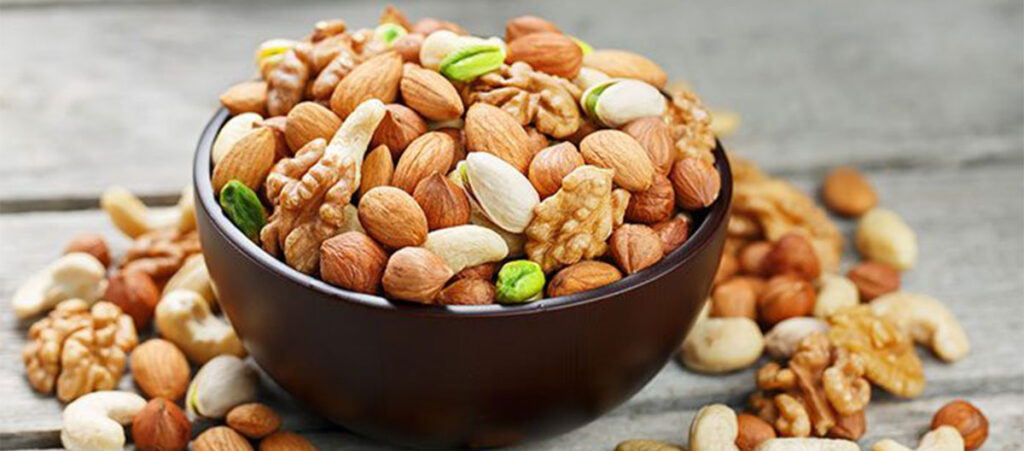
2.Fatty Fish:
Fatty Fish are rich sources of omega-3 acids that can lower the levels of triglycerides. These also lower your blood pressure levels and prevent the formation of clots. People who have experienced heart attacks in the past can also reduce the risk of sudden death by incorporating cholesterol reducing foods into their diet.
Omega-3 fatty acids do not affect LDL cholesterol but can effectively reduce triglycerides and increase HDL, which is good cholesterol.
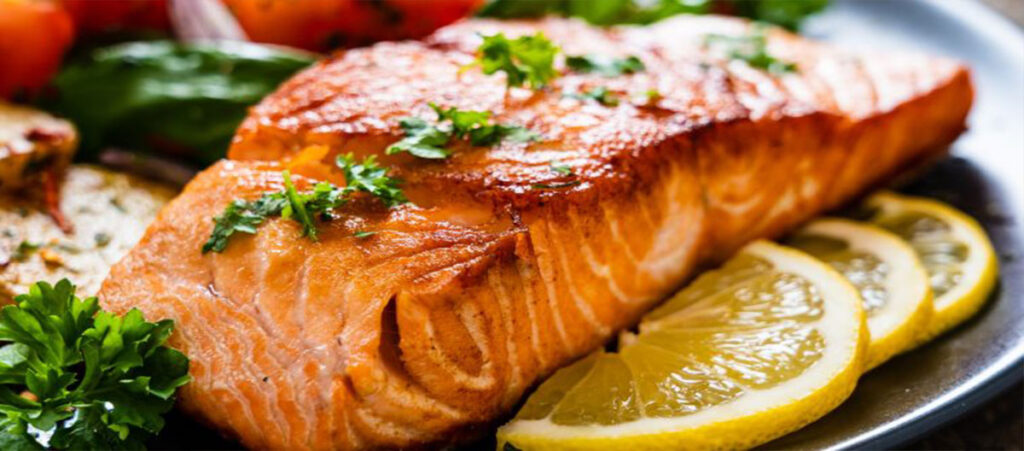
3.Legumes:
Legumes, also known as pulses, are a great source of soluble fiber that can lower LDL cholesterol levels. Peas, kidney beans, black-eyed beans, lentils, and others can also help reduce the chances of inflammation, obesity, high blood pressure, and other conditions.
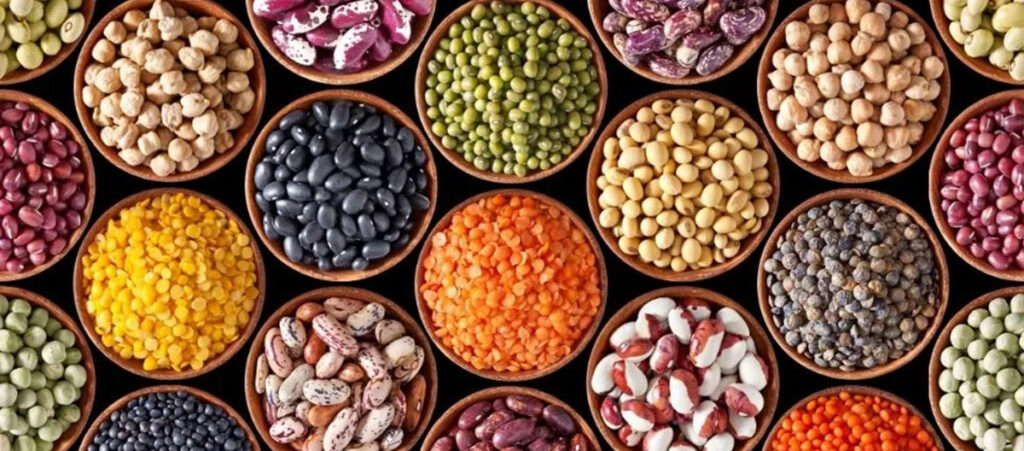
4.Avocados:
Rich in monounsaturated fats and fiber, avocados are a great addition to your diet. They will help lower LDL cholesterol levels and raise HDL cholesterol. Avocados also help to keep weight in check and reduce the risk of stroke, heart disease, and heart attack.
Experts at Indyte can help you include this good cholesterol food in your diet by adding it to salads, guacamole, or even sandwiches.
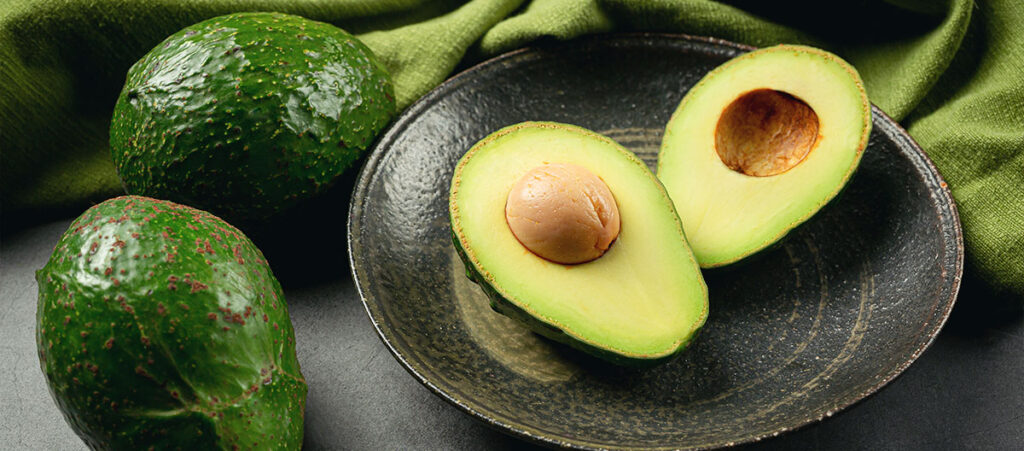
5.Whole Grains:
Whole grains have several health benefits. Bran, cereals, and brown rice can lower total cholesterol levels and significantly boost HDL cholesterol percentages. Whole grains have more minerals, vitamins, and plant compounds than refined grains. Barley and oats are rich sources of beta-glucan that influence the gut microbe and help lower the levels of LDL cholesterol.
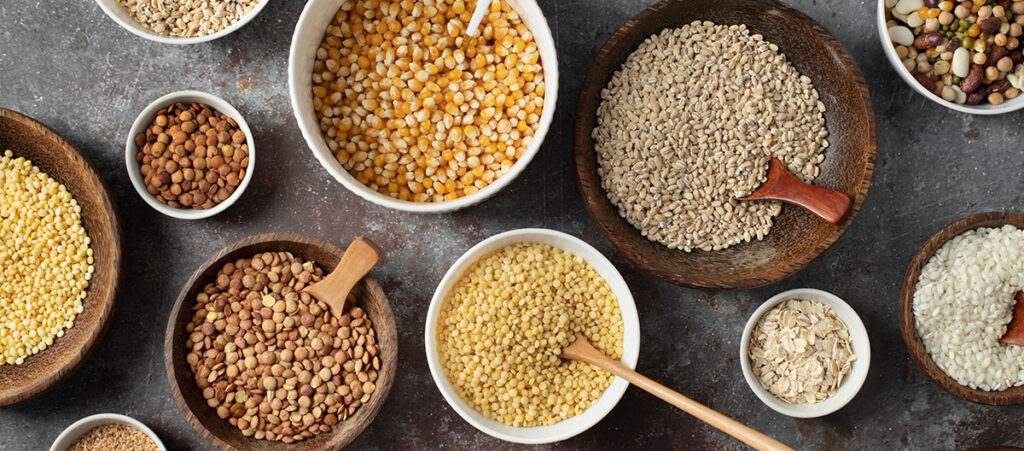
6.Leafy Greens:
Lutein and other carotenoids found in dark leafy greens like kale, spinach, and Swiss chard are associated with a lowered risk of heart disease.Eating dark leafy greens may help reduce cholesterol. Additionally, lutein was reported to decrease oxidized LDL cholesterol levels and may help prevent cholesterol from adhering to arterial walls in a 2011 study involving guinea pigs.
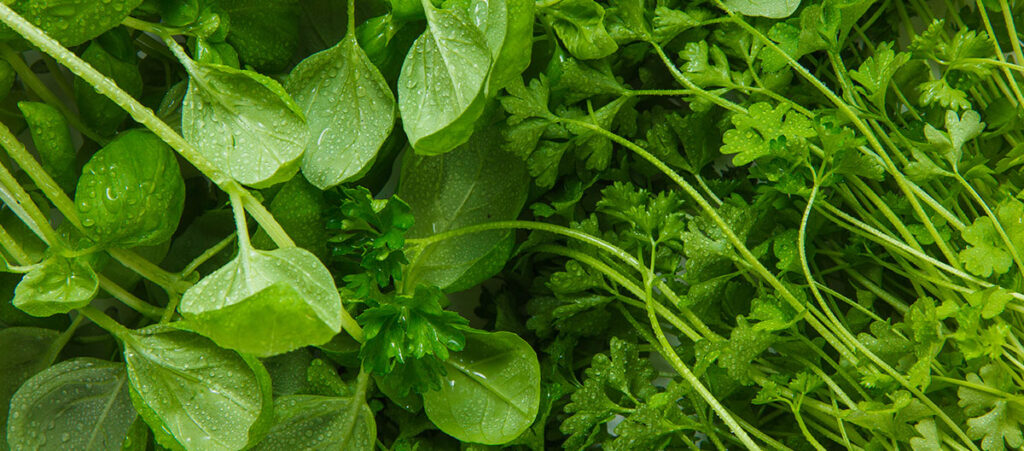
7.Dark Chocolate:
Yes, dark chocolate and cocoa can indeed help manage your cholesterol levels. There are several compounds in cocoa, like polyphenols and resveratrol that can prevent cholesterol in your blood grom oxidation and help improve HDL cholesterol.
But chocolate frequently contains a lot of added sugar, which is bad for your heart. You should only use pure cocoa or dark chocolate that has at least 75–85% cocoa content. You can even learn how to reduce cholesterol naturally for a better, healthier heart.
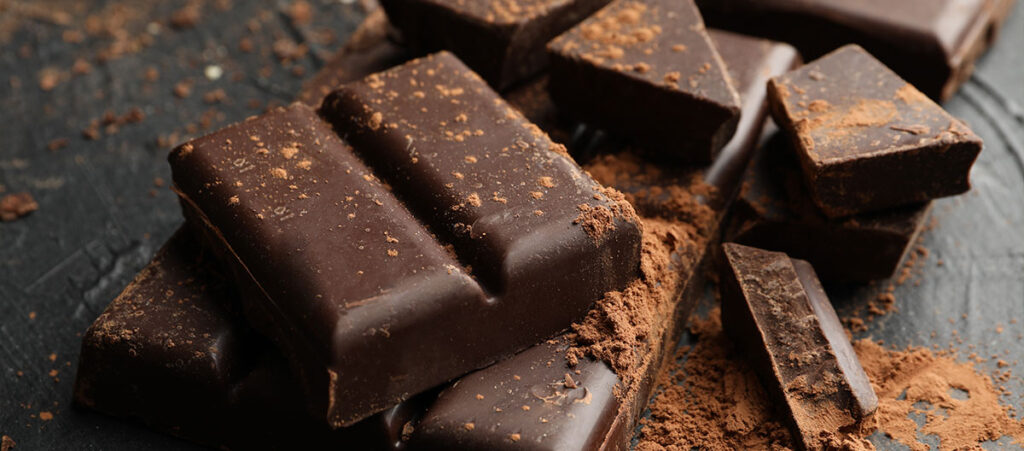
8.Garlic:
Allicin is one of the potent plant components found in garlic.
As per a meta-analysis published in 2018, garlic may be able to reduce total and LDL cholesterol, according to a reliable source.
Having said that, it’s crucial to remember that doing this calls for a lot of garlic. Therefore, compared to other garlic preparations, garlic supplements might be more effective.
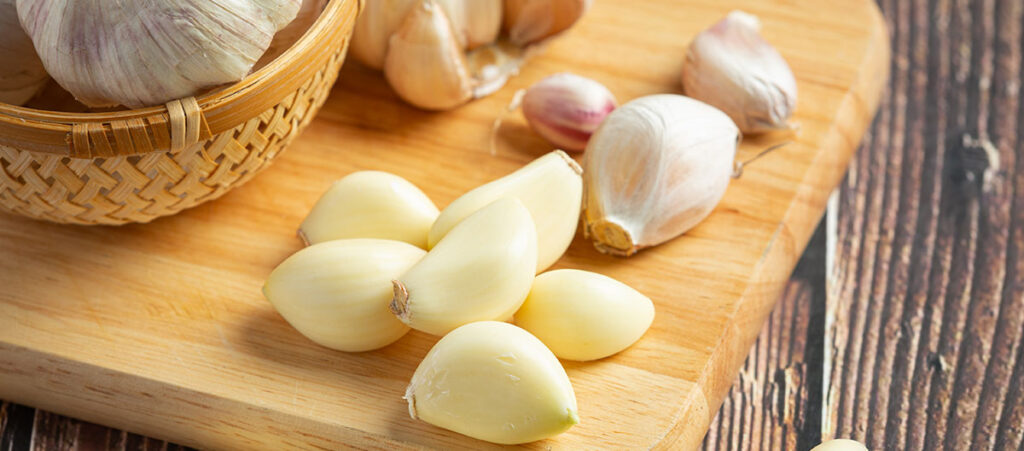
9.Oatmeal:
Soluble fiber, found in oatmeal, lowers your bad cholesterol, or low-density lipoprotein (LDL). foods including kidney beans, Brussels sprouts, apples, and pears contain soluble fiber.
You can lower the amount of cholesterol that enters your system by consuming soluble fiber. A daily intake of five to ten grams or more of soluble fiber lowers LDL cholesterol.
Three to four grams of fiber can be found in one serving of oatmeal or oat bran breakfast cereal. Add some fruit, like berries or bananas, and you’ll get even more fiber.
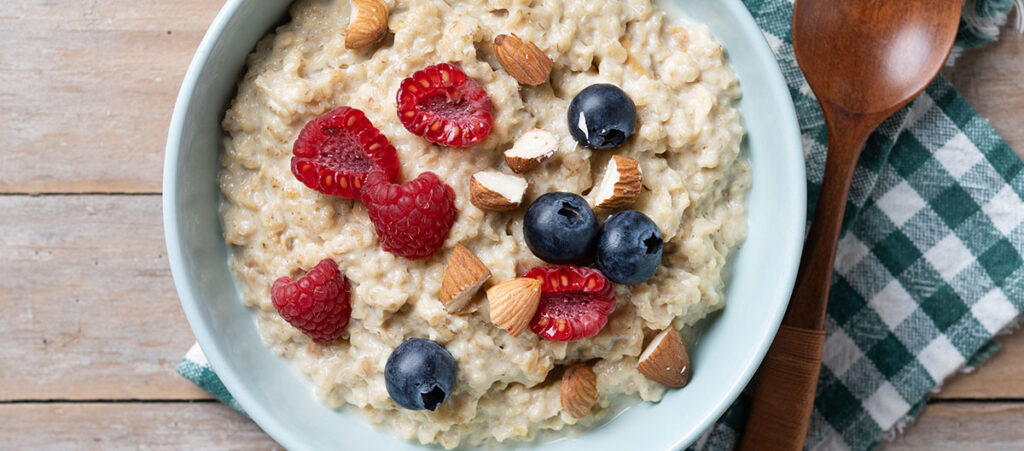
10.Soy Foods:
Soy-based foods, such as tofu, soy milk, and edamame, are rich in plant-based proteins and phytoestrogens (isoflavones), which can lower LDL cholesterol and positively impact heart health.
Soy proteins reduce LDL cholesterol by increasing the activity of LDL receptors in the liver, which helps to clear LDL from the bloodstream. Isoflavones in soy also have antioxidant properties that prevent LDL from oxidizing, reducing the risk of plaque buildup in arteries.
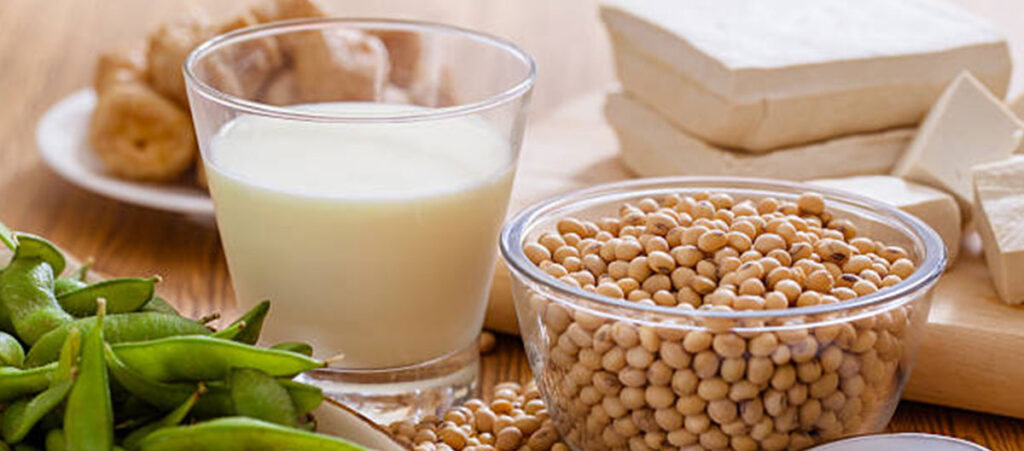
11. Whey Protein:
Whey protein, commonly found in dairy products or as a supplement, has been shown to lower cholesterol levels, particularly LDL.
Whey protein can lower LDL cholesterol by reducing the liver’s production of cholesterol and enhancing its removal from the bloodstream. This good cholesterol food contains bioactive peptides that may inhibit cholesterol absorption in the intestines and improve cholesterol metabolism.
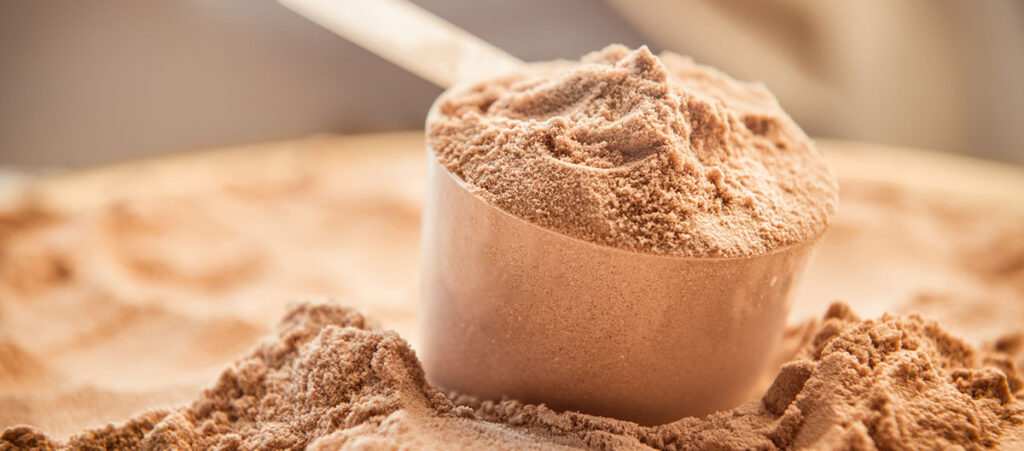
12. Olive Oil:
The monounsaturated fats in olive oil help to reduce LDL cholesterol levels without negatively impacting HDL cholesterol. In fact, it can raise HDL levels, which aids in the removal of LDL from the bloodstream.
Olive oil also contains polyphenols, which provide antioxidant protection against the oxidation of LDL cholesterol, preventing arterial damage.
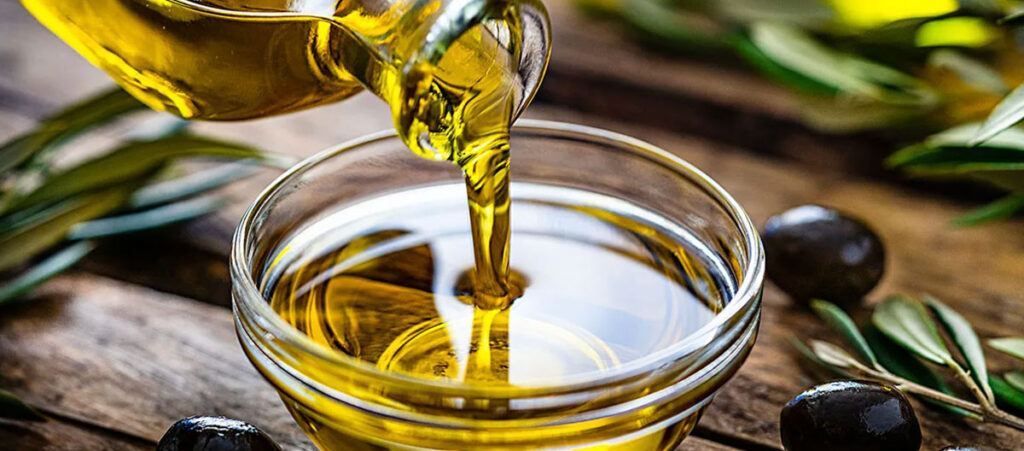
Transform Your Heart Health With Cholesterol Reducing foods
At Indyte, we understand the crucial role that diet plays in maintaining heart health. Under the guidance of Dt. Priyanka, a renowned nutrition expert, is dedicated to helping clients transform their lives by creating personalized diet plans that lower LDL cholesterol and boost HDL cholesterol.
Dt. Priyanka recognizes that every individual’s needs are unique. The thorough assessment of each client’s medical history, lifestyle, and dietary preferences, she crafts personalized diet plans to control cholesterol that focus on heart-friendly foods.
Her approach is always tailored to optimize cholesterol levels, whether incorporating cholesterol-lowering foods like soy, whey protein, and olive oil or guiding the reduction of saturated fats and trans fats.
Bottom Line,
Incorporating the top 12 good cholesterol foods—such as avocados, olive oil, nuts, fatty fish, and oats—into your diet can significantly lower LDL cholesterol while boosting HDL cholesterol, leading to better heart health.
These nutrient-rich foods help maintain a balanced lipid profile and reduce the risk of heart disease.
For a more tailored approach to your cholesterol management, Indyte, led by Dt. Priyanka, offers personalized diet plans that cater to your unique health needs.
With a focus on overall well-being, the expert team at Indyte provides thorough guidance to help you achieve long-lasting results and improve your heart health naturally.

